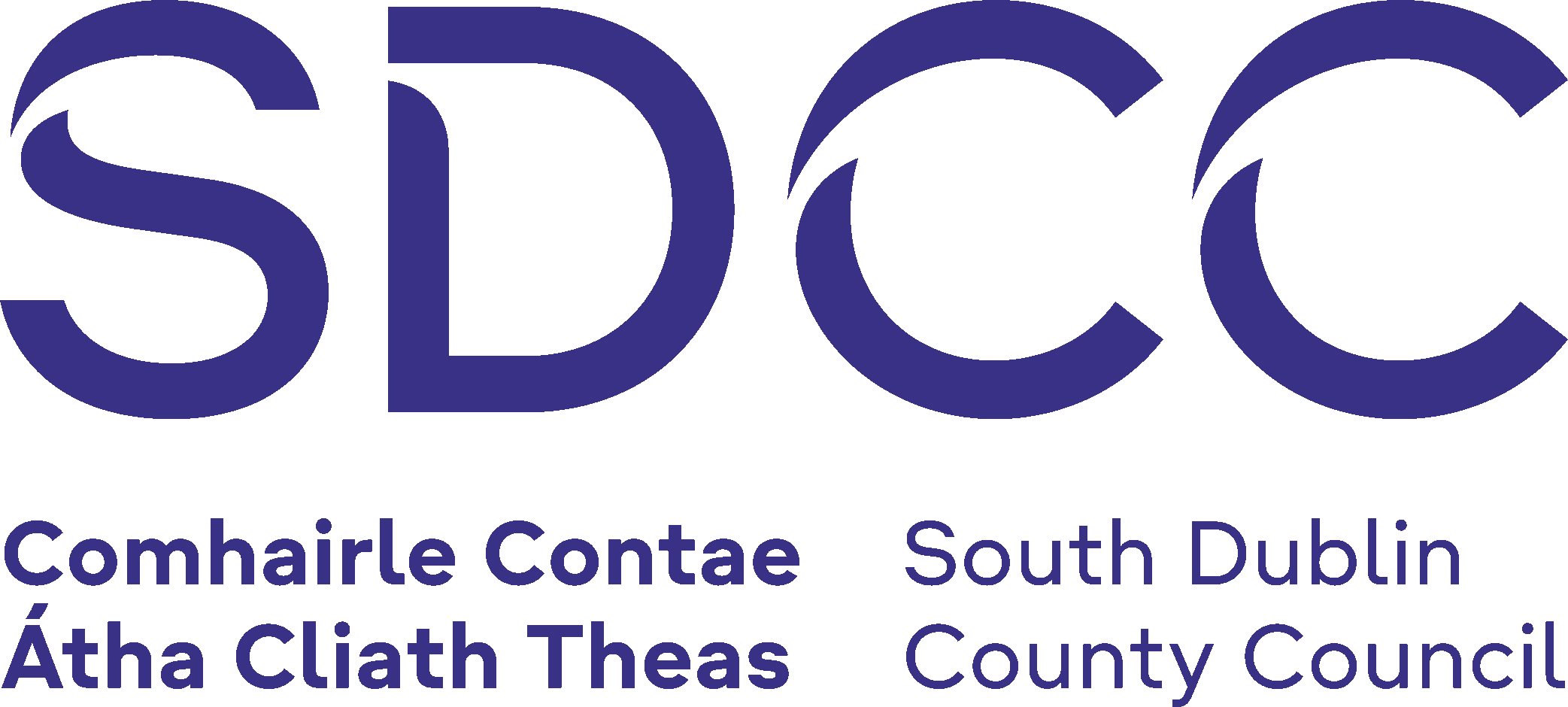The SDCC Water Pollution Section oversees the protection of waters in South Dublin, whether rivers, streams or groundwater. Policy Programmes, local, national and European, are implemented to ensure that all waters within the County are maintained at a high standard and that appropriate measures are taken should any event arise to threaten their status.
Anyone observing any polluting matter in waters, or anything they suspect to be polluting matter, should contact South Dublin County Council immediately at the Water & Drainage Section, County Hall, Tallaght: (01) 4149275. Alternatively you can email us at waterpollution@sdublincoco.ie
You may also use our Customer Care Online Contact form to send a message.
Examples of Pollution
If you see dead fish floating on the river or notice that the water is discoloured and smelly, any one of the following forms of pollution may be the cause:
• Fertilisers - Large amounts of fertiliser or farm waste being drained into a river/stream.
• Industrial Waste - Chemical waste products from industrial processes are sometimes accidentally discharged into rivers. Occasionally poisonous substances are deliberately dumped into rivers, and if you see this so-called 'fly-tipping' going on, take the registration number of the vehicle and if possible the name of the firm. Report the matter to the police who will then take it further.
• Oil - If oil enters a slow-moving river it forms a rainbow-coloured film over the entire surface preventing oxygen from entering the water. On larger stretches of water the oil contaminates the feathers of water birds and when they preen the oil enters the gut and kills them.
All incidents of river pollution should be reported immediately to the Pollution Officer at South Dublin County Council giving as much detail as you can: date, time, exact place and precisely what you saw.
Once reported Water Pollution Section staff will investigate any pollution incident and take appropriate action.
This action may include the taking of measures to mitigate the pollution incident, to contain any spilled or dumped matter and to take appropriate action against those responsible. It may include the issuing of verbal or written warnings, the serving of Notices compelling the undertaking of specified actions or prosecutions under the Local Government (Water Pollution) Acts 1977 and 1990.
FOG (Fats, Oils & Grease) Trade Effluent Licensing Programme
What is the problem?
A significant number of blockages have been experienced in the public drainage network caused by Fats, Oils and Grease (also abbreviated as FOG). These blockages often result in flooding of premises and environmental pollution of rivers and streams and lead to excessive maintenance costs for the Council.
How is it caused?
FOG causes a problem when it is washed down drains, either during food preparation or in the washing-up operation. When FOG cools, it congeals and accumulates in pipelines, reducing the pipe diameter and eventually blocking the pipe.
Where does it happen?
FOG is a serious problem in areas where there are concentrations of Food Service Establishments (FSE) such as pubs, restaurants, hotels, takeaways, convenience stores, etc. This is in line with international experience that identifies FOG as a major problem in managing both the drainage network and wastewater treatment plants.
What can be done?
South Dublin County Council is including FSEs in its current trade effluent licensing programme in order to control the discharge of fats, oils and grease to the public sewer system. Since there are many premises that come under the term FSE, the Council at present will highlight this as the FOG Trade Effluent Licensing Programme.
Under this Programme, every food service establishment is required to apply for a licence to discharge trade effluent under Section 16 of the Local Government (Water Pollution) Act 1977.
Once a trade effluent licence has been granted, each licensee must comply with the conditions as set out therein. Typically these conditions include: the installation of an appropriately sized grease trap, regular maintenance of the grease trap, the proper disposal of waste oil and a limit on the amount of FOG discharged to sewer to 100mg/l
If you have any questions please contact the FOG office by email at fog@sdublincoco.ie or at (01) 222 4635
Discharges to Sewers
Any discharge of trade effluent, as defined in the Local Government (Water Pollution) Acts 1977 & 1990 requires a licence under Section 16 of the Act. This licence will specify the general conditions to be adhered to by the licensee and the allowable volume and characteristics of the trade effluent being discharged. Non-compliance with the Licensing Regulations may result in a prosecution being taken by SDCC.
Discharges to Waters
Any discharge of trade effluent, or sewage effluent, as defined in the Local Government (Water Pollution) Acts 1977 & 1990 requires a licence under Section 4 of the Act. This licence will specify the general conditions to be adhered to by the licensee and the allowable volume and characteristics of the trade effluent being discharged. Non-compliance with the Licensing Regulations may result in a prosecution being taken by SDCC.
In addition to licences issued under the Water Pollution Acts South Dublin County Council is also required to give consent for the discharge of any trade effluent from a premises applying for an Integrated Pollution Control Licence, or Waste Management Act Licence, through the Environmental Protection Agency and visit the Environmental Protection Agency Website for more information.

